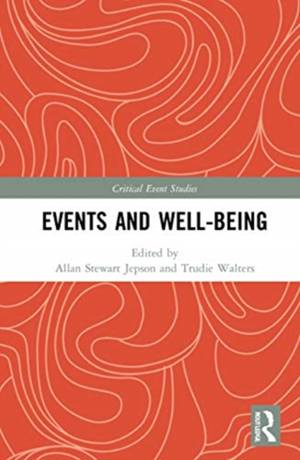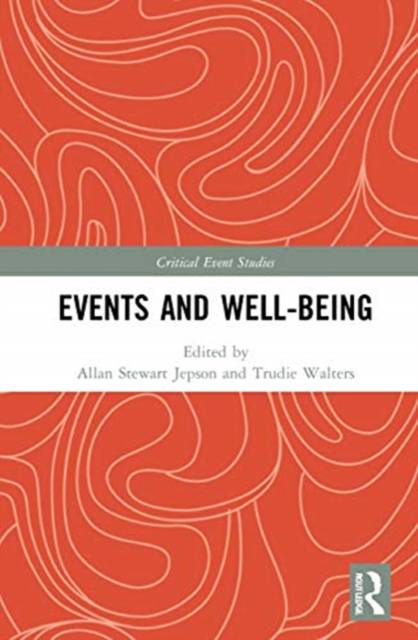
- Retrait gratuit dans votre magasin Club
- 7.000.000 titres dans notre catalogue
- Payer en toute sécurité
- Toujours un magasin près de chez vous
- Retrait gratuit dans votre magasin Club
- 7.000.0000 titres dans notre catalogue
- Payer en toute sécurité
- Toujours un magasin près de chez vous
Events and Well-Being
Description
This book is the first to take an in-depth examination of events and well-being, adopting a much-needed critical approach to the study of events. It uses empirical case studies to help us better understand how events foster positive well-being or counter negative well-being for event organisers, participants, spectators, volunteers and even non-attending local residents.
While researchers have long understood socialisation as the major motivation to attend contemporary festivals and events, it is only just being acknowledged that well-being is also a key motivator. Those researching in the field of event studies are yet to clearly articulate "the how, why, where, and impacts of socialisation." This multidisciplinary book draws together empirical research across a range of event types and sizes, from music festivals to mega sports events, to provide a nuanced understanding of their contribution to the well-being of individuals and communities. Case studies are drawn from around the world and apply a diverse range of theoretical lenses to the conceptualisation of well-being as it applies to events and methodologies used to achieve research aims and objectives.
This significant volume will be valuable reading for students and academics in the fields of sport studies, critical event studies, queer studies, cultural studies, tourism, music, sociology and end-of-life studies.
Spécifications
Parties prenantes
- Editeur:
Contenu
- Nombre de pages :
- 252
- Langue:
- Anglais
- Collection :
Caractéristiques
- EAN:
- 9780367491802
- Date de parution :
- 10-06-21
- Format:
- Livre relié
- Format numérique:
- Genaaid
- Dimensions :
- 156 mm x 234 mm
- Poids :
- 553 g

Les avis
Nous publions uniquement les avis qui respectent les conditions requises. Consultez nos conditions pour les avis.





